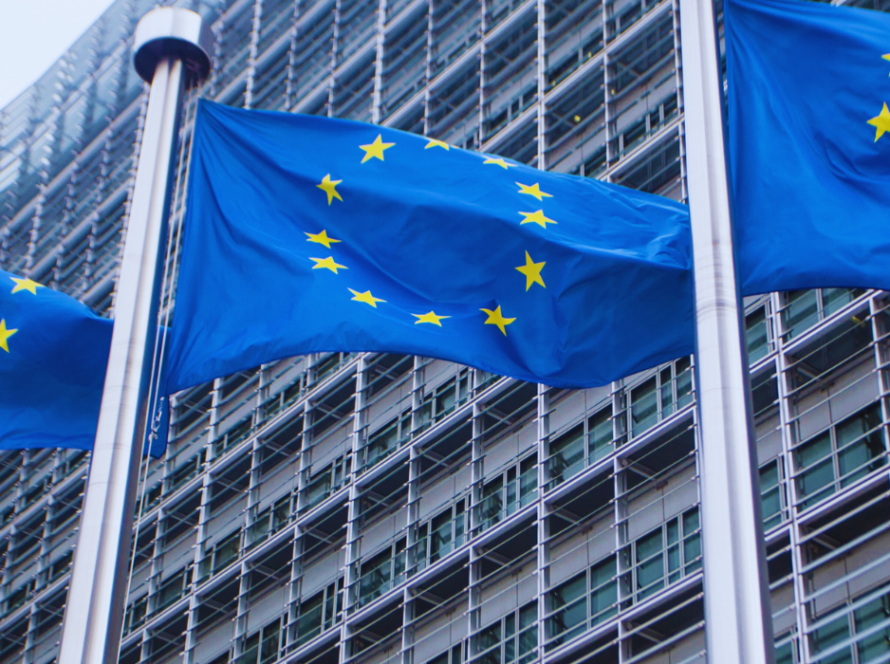At the COP29 climate summit in Baku, Azerbaijan, President Mukhtar Babayev delivered a climactic speech on Sunday, securing a $300 billion global climate finance plan to aid developing nations over the next decade. Dubbed the “Baku Breakthrough,” the agreement emerged from contentious negotiations and narrowly avoided collapse.
Babayev, who prepared two speeches for different outcomes, hailed the deal as a triumph while rebuking skeptics. However, many recipients criticized the package as insufficient to address the soaring costs of global warming. The slow progress, coupled with rising emissions, fueled frustration among vulnerable nations, some of which staged walkouts during the talks.
Key hurdles included geopolitical distractions, tight budgets, and uncertainty over U.S. climate leadership. The specter of Donald Trump’s return to the White House, with his history of climate skepticism, overshadowed discussions, as did the ongoing Ukraine war and Middle Eastern conflicts.
Despite pledges to triple previous commitments to $300 billion annually by 2035, tensions over wealthy nations’ contributions and unmet past promises remain. Critics say the deal exposes rifts that Brazil, host of COP30, must address to restore trust among global climate partners.
“This summit showed the worst of political opportunism,” said Marshall Islands climate envoy Tina Stege, echoing widespread frustration from smaller nations sidelined in negotiations.
| Find out more here. |



